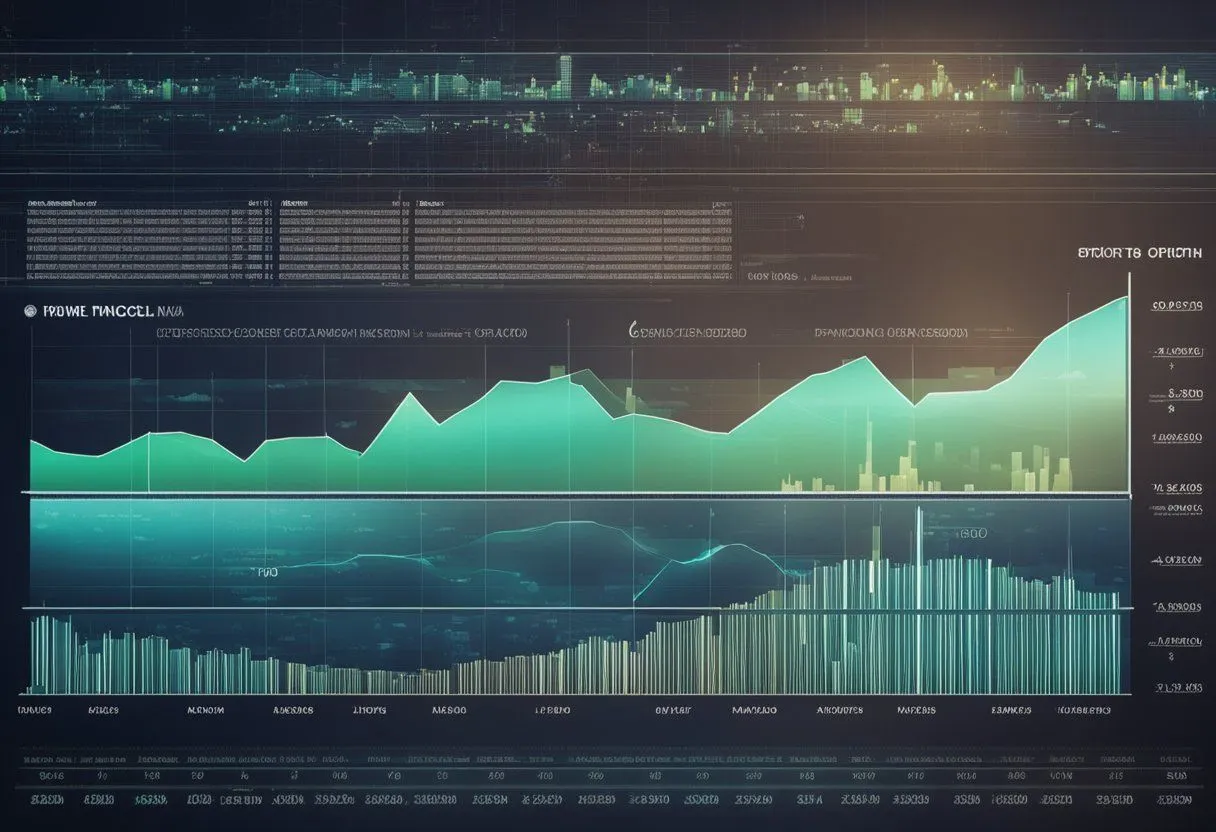The Future of Banking: Trends Shaping the Financial Landscape
The banking industry is evolving rapidly, driven by advancements in technology and changing consumer expectations. As a result, financial institutions are rethinking their business models and investing heavily in digital transformation to remain competitive. In this article, we will explore the trends shaping the future of banking and how they are transforming the financial landscape.
One of the most significant trends in banking is the shift towards digital banking. With the rise of smartphones and other digital devices, customers are increasingly turning to online and mobile banking services to manage their finances. This has led to a proliferation of digital-only banks and fintech startups, which are challenging traditional banks with innovative products and services.
Another trend shaping the future of banking is the use of artificial intelligence (AI) and machine learning. Banks are using these technologies to improve customer experience, automate processes, and detect fraud. AI-powered chatbots are becoming increasingly popular for customer service, while machine learning algorithms are used to analyze vast amounts of data to identify patterns and make predictions. These technologies are helping banks to streamline their operations and provide better services to their customers.
Digital Transformation in Banking

The banking industry has undergone a significant transformation in recent years, with the adoption of digital technologies at the forefront of this change. The rise of digital banking has led to increased competition, improved customer experiences, and more efficient operations. Here are some of the key trends shaping the digital transformation of banking:
Rise of Fintech Companies
Fintech companies are disrupting the traditional banking industry by offering innovative solutions that are often faster, cheaper, and more convenient than traditional banking services. These companies are leveraging technology to provide a range of financial services, from mobile payments to investment management. Fintech companies are also partnering with traditional banks to offer their services to a wider audience.
Blockchain and Cryptocurrency
Blockchain technology has the potential to revolutionize the way banks operate by providing a secure, transparent, and decentralized ledger for financial transactions. Cryptocurrencies, such as Bitcoin and Ethereum, are built on blockchain technology and are increasingly being used as an alternative to traditional currencies. Banks are exploring ways to leverage blockchain technology to improve their operations, reduce costs, and enhance security.
AI and Machine Learning
Artificial intelligence (AI) and machine learning are transforming the banking industry by enabling banks to analyze vast amounts of data in real-time. AI-powered chatbots are being used to provide customer service, while machine learning algorithms are being used to detect fraud and identify potential risks. Banks are also using AI to personalize their services and provide more targeted marketing.
In conclusion, digital transformation is reshaping the banking industry, with fintech companies, blockchain, and AI all playing a significant role in this change. Banks that embrace these technologies and adapt to changing customer needs will be better positioned to succeed in the future.
Customer-Centric Approach

Banks are shifting their focus to customer-centric operations to provide personalized banking services. By understanding the customer’s needs, banks can offer customized solutions and improve their overall experience.
Personalized Banking
Personalized banking is all about tailoring the services to the specific needs of each customer. This can be achieved by analyzing data such as transaction history, spending patterns, and customer feedback. Banks can use this data to offer customized financial products and services to their customers.
For instance, a customer who frequently travels abroad might benefit from a credit card with no foreign transaction fees. Similarly, a customer who has a high balance in their savings account might receive better interest rates.
Omni-Channel Experience
Omni-channel experience refers to providing a seamless banking experience across different channels such as mobile banking, online banking, and physical branches. Customers can access their bank accounts and carry out transactions from any device or location.
Banks are investing in technology to provide a consistent experience across all channels. For instance, a customer can start a transaction on their mobile device and complete it at a physical branch without any interruption.
By adopting a customer-centric approach, banks can improve customer satisfaction and loyalty. Personalized banking and omni-channel experience are some of the key trends shaping the future of banking.
Regulatory Changes and Compliance

The banking industry is highly regulated due to the sensitive nature of financial transactions and the potential risks associated with them. In recent years, there have been several regulatory changes that have impacted the banking industry. Banks must comply with these regulations to avoid penalties and maintain their reputation.
Open Banking
Open Banking is a regulatory initiative that requires banks to share customer data with third-party providers through APIs. This initiative aims to increase competition and innovation in the banking industry by allowing customers to access a wider range of financial products and services. Banks must comply with Open Banking regulations to ensure that customer data is secure and protected.
Data Privacy and Security
Data privacy and security are critical concerns in the banking industry. Banks must comply with various regulations, such as the General Data Protection Regulation (GDPR), to protect customer data. Failure to comply with these regulations can result in significant financial penalties and damage to the bank’s reputation. Banks must invest in robust cybersecurity measures to protect against cyber threats and ensure that customer data is secure.
In conclusion, regulatory changes and compliance are critical factors shaping the future of banking. Banks must stay up-to-date with the latest regulations and comply with them to avoid penalties and maintain their reputation. Open Banking and data privacy and security are two areas that banks must focus on to ensure their compliance.



